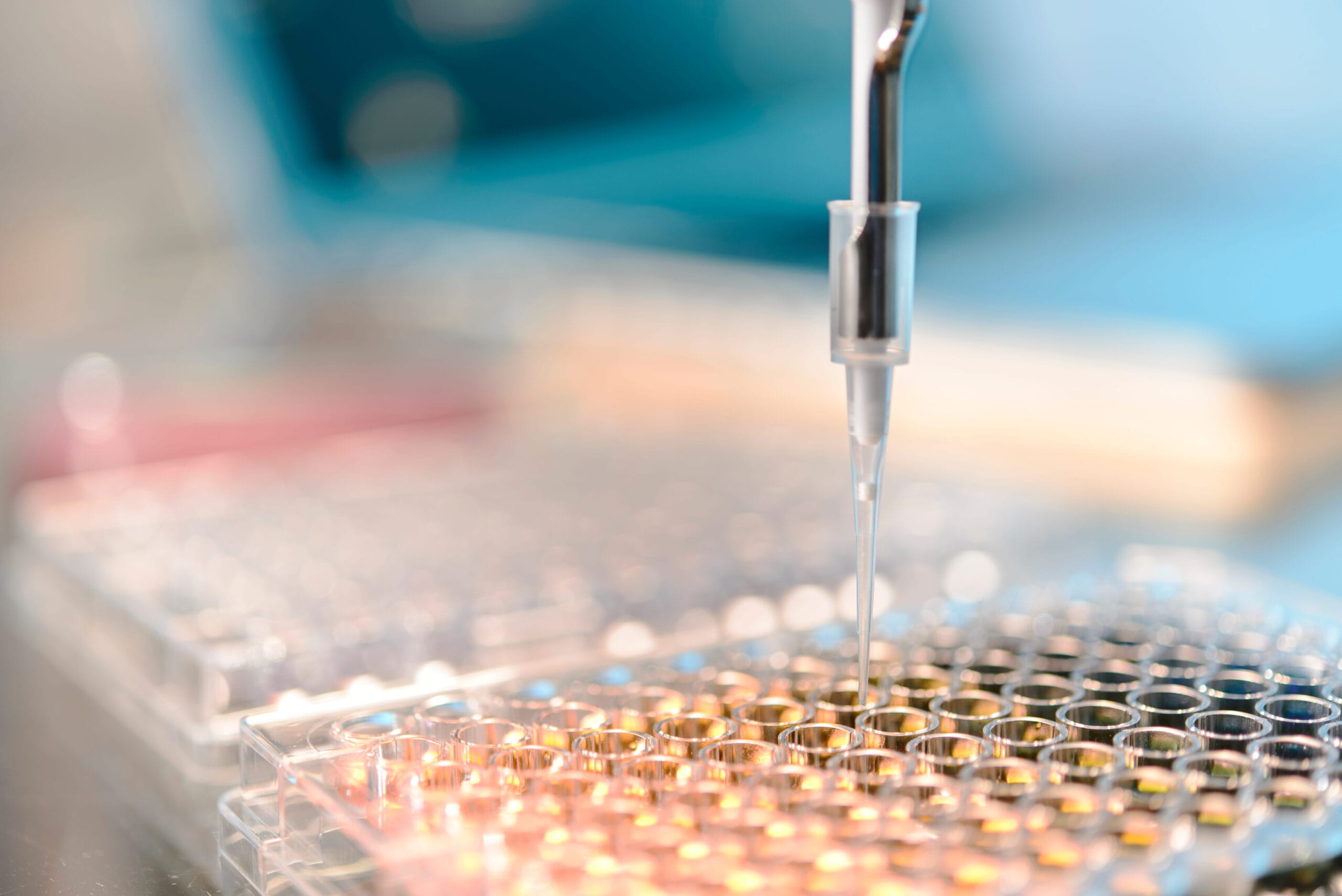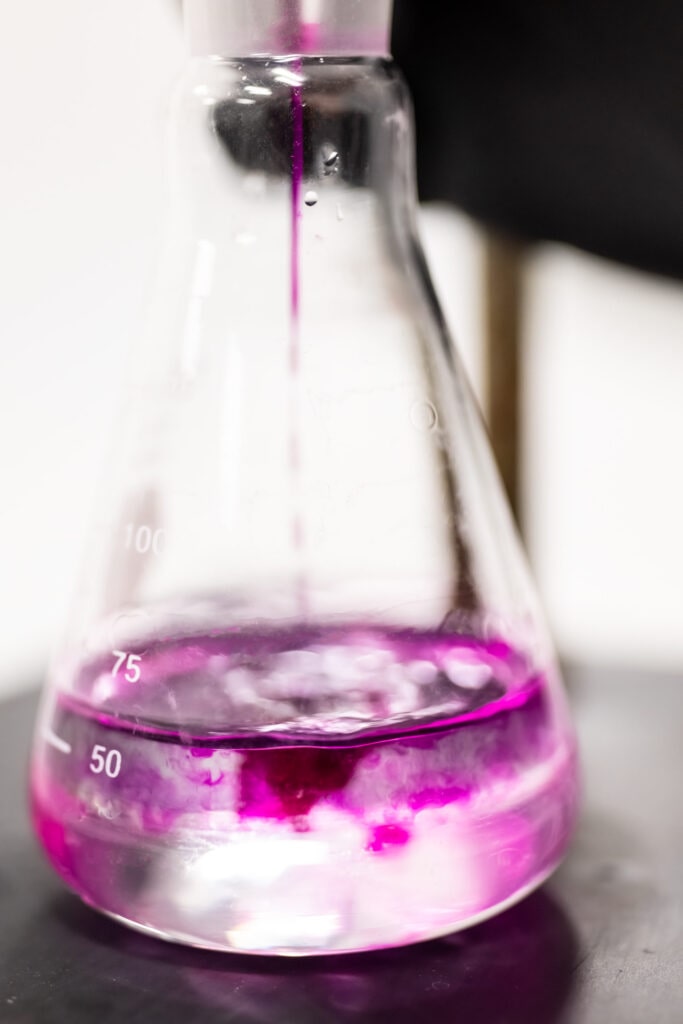
Chemical Analysis
SGS Polymer Solutions provides testing of both anhydrous citric acid [CAS 77-92-9] and citric acid monohydrate [CAS 5949-29-1] in accordance with the relevant USP Monographs.
Citric acid occurs naturally in a variety of fruits and vegetables and is also synthesized in chemical production plants. Citric acid can be in an anhydrous (water-free) or monohydrate form depending on the crystallization conditions. Citric acid is used in pharmaceutical and cosmetic formulations, foods and beverages, and cleaning formulations. SGS PSI can determine the identity, purity, and water content of citric acid as a raw ingredient. SGS PSI can also determine the concentration of citric acid in manufactured products.
Approaches
Confirmation of the identity of citric acid is accomplished by using Fourier-transform infrared FTIR spectroscopy.
The purity of citric acid is accomplished by using a titration method that uses sodium hydroxide as the titrant and phenolphthalein as the titration end-point indicator.
The water content of citric acid is determined by Karl Fischer titration.
Impurities can be determined through Residue on Ignition and other monograph tests.
Sample Considerations
As a raw material, citric acid is analyzed as a solid powder. A sample size of 10 grams is enough to conduct either anhydrous citric acid or citric acid monohydrate tests.
Products are tested in the form that they are received: solids, liquids, pastes, or gels. In the case of liquids, pastes, and gels, a sample size of 500 mL is enough. For solids, a 100 gram sample is enough.
Experience
SGS Polymer Solutions has conducted cGMP-compliant citric acid purity analysis in our FDA-registered laboratory for pharmaceutical clients by these compendial methods. We have also analyzed manufactured products for the presence of citric acid.

